
Few of us ever live in the present. We are forever anticipating what is to come or remembering what has gone. ― Louis L’Amour
FEB 2016
I Faked It.
When I was working at Audubon Nature Institute my coworkers and I used to lovingly joke about a “rambling” coworker. One of our colleagues had a tendency to ramble on and on for what seemed like an eternity. And those of us on the receiving end of the ramble would totally zone out. I mean, we would completely check out. Gone. We would mentally leave the situation. But we were clever enough to appear as if we were listening; we would chime in with a word or nod every few minutes and say something along the lines of “Oh”, “wow” , “huh”, “really”, or “yeah”. We faked as if we were there, but we were mentally checked out.
Do You Fake It?
As rude as what we did may sound, it’s all too common for most people when they are bored, distracted, or worried about either something that just happened, or what might happen later. We fake that we are listening, or we fake that we care. We fake interest in the person, the topic of discussion, or the situation. We fake that we are actually there with the person as they are sharing. It’s a rare event for people to be truly present with others. Let’s be honest: We are faking it all the time with people.
But we also fake it when we are with our pets.
My Mind is Either Full or Mindful.
I am the first to admit that I can completely zone out like it’s going out of style. My mind goes a million miles a minute. I am easily distracted. I get bored very easily. I don’t enjoy doing tedious chores. (Ahem, I was in the middle of a very boring and tedious attempt to clean and organize our house for upcoming guests right as I was suddenly compelled to write this post. ha!)
As a highly creative person, it can be an enormous challenge to be fully present. I will get these amazing insights or inspirational ideas while someone is talking to me, or when I am doing the dishes or feeding the animals. As great as that inspiration may sound, it’s not the best use of my mind. It’s not mindfulness. And it’s not helpful or respectful to the ones who are choosing to share their time, presence, or insight with me.
But I can train my mind to be mindful. I can practice being fully present, even if what I am doing or listening to is boring or tedious. Or I can practice being bored and distracted. I can choose to focus on what’s right in front of me. Or I can choose to zone out. I can choose to be consciously aware of where my mind is, or I can choose to not care.
I have that choice, and you do too.
Mindfulness means maintaining a moment-by-moment awareness of our thoughts, feelings, bodily sensations, and surrounding environment.
The Most Mindful Ones
Animals are mindful. Their minds are not full. Take a look a the image at the top of this post. Look at what is in the man’s mind. Then look at what is in the dog’s mind. The man’s is cluttered and full of his worries, wants, and concerns. The dog’s mind is focused on exactly what is in front of him/her. The dog is no where else. The dog is fully present. The dog is taking in the sight, scents, and experience of being right there, in that field with his/her person. Animals have the conscious ability to be fully focused, and fully present. And they practice this at every opportunity. It’s truly extraordinary. And we can learn from their practice and habit of being mindful. In fact, recently, Hocus Pocus had some insights to share with me on this very subject. You can read her wisdom here!
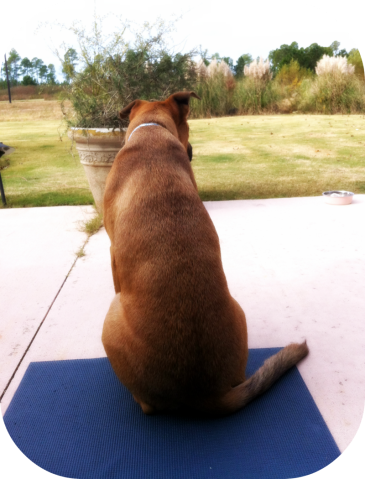
We Are Missing Out When We Are Not Mindful.
If you are asking, So what’s the big deal about being fully present? then you are right were I was many years ago. You are starting to at least question your behavior and thoughts. Asking that question and learning the answer is how we start to become more aware of our presence (or lack of) with our animal companions.
Over a decade ago when I first started consciously practicing mindfulness in my day-to-day activities, I was appalled at myself. When I slowed down and noticed my behavior and thoughts, I started to observe how frantic, chaotic, busy, and random my thoughts were. My mind was more like a mindless monkey machine. I wasn’t focused on anything that was in front of me. I was anywhere in my mind, but right there! I was missing out on life. I was not even present and absorbing all that was happening right in front of me!

Mindful or Mind Full Walks?
One area that I noticed I was really mentally checked out was when while walking my dog. I was dismayed to discover that I was in my head the entire time on our walk. I found myself wandering off in my mind, thinking about so-and-so at work, planning my next day’s events, how I wish I had said blah-blah blah in that meeting, and so on. I was pursuing my own agenda. I was stuck in the past. I was fixated future.
I was not fully in the present with my dog.
Eventually I noticed that while I was mentally absent, I wasn’t paying attention to my dog at all! I wasn’t focused on what she was doing, what she was sniffing, what she was looking at, what she was reacting to, or where she was choosing to walk. As she walked down the sidewalk sniffing and popping her head up every so often I noticed that the walk wasn’t about her at all. The walk was about the distractions in my head. It was about me and all the things I wanted, fretted, and worried about. I was there with my dog physically, but my mind had left her.
She was essentially walking alone.
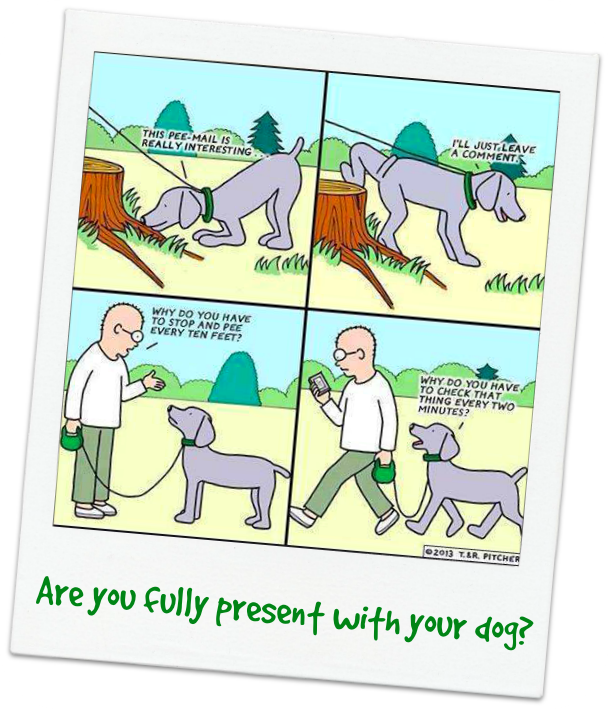
“Be here now.” ― Ram Dass
Where Are You?
One aspect I love to address with clients is helping them to notice where their mind wanders. An easy way to determine their ability (or inability) to be fully present is when they are relaxing at home. Relaxation time is an important tool. This tool can help an animal guardian recognize “where they are” because this is the window to where their mind goes, when they can allow themselves to relax.
If they are in the habit of allowing themselves to sit down and relax for at least 20 minutes a day, then we start there. People soon learn if they are able (or unable) to maintain focus on their animal while doing something as simple as petting them, or just sitting with them. They can start to ask themselves questions such as, While I am petting my dog or cat, am I really focused on what’s happening right here now? Am I distracted about what happened today or what will happen tomorrow? Is my dog (or cat) even enjoying this? Am I? Is what’s happening “out there” more important than my friend at my side, or in my lap? As silly as those questions may seem, they are a window to where your mind is.
That’s the answer to where you are mentally.
If we are making time for “down time” every night, we can start to look at where our mind goes when relaxing with our pets. If you can’t even focus on your pets while you are relaxing at home, with no distractions, how are you going to be able to focus when it gets hectic or when things go awry? How will you be able to be fully present when they are nervous, afraid, reactive, sick or injured? 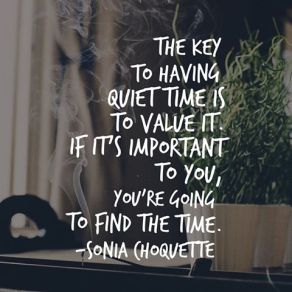
Being able to be fully present with your pet when you are relaxing is a precursor to being fully present during more challenging times. If you can’t mentally connect with your pet on the couch, then you certainly aren’t going to be fully present and connect with her during a walk, when she is becoming anxious, fearful, or reactive, at the veterinarian, or even during a simple training session. Your mind will wander. Your dog (and cat) will know and feel it. And the negative effects of this can be enormous.
Practice Being Present.
It takes time and practice to become fluent at anything. It takes a concerted effort to change our habits and our reactions. But you can practice being present! There are a number of ways that you can learn how to do this, from mediation to body awareness, but for the sake of brevity we won’t go into all of those in this post. Instead, I’ll mention a couple of common situations that people encounter often. In each scenario, you get to choose how to respond.
The next time your cat/dog/kid interrupts you while you are working:
- You can stress out and become reactive to them (because you clearly have other things to worry about, and now your kid/cat/dog is adding to your worries).
OR
- You can take a deep breath, slow down, look at them calmly, be open, be present, and be there with them.
When we choose the latter, we are shifting from our fearful and reactive mind to our conscious and loving mind. If you can do this you will find that in that moment there is only you and them. There is nothing else. They get your full focus. Then you can go back to what you were doing, but you are doing it out of love.
The next time you take your dog for a walk you have two choices:
- You can fiddle with your phone the entire time.
OR
- You can be full present with your dog. You can enjoy and appreciate your time together. You can notice subtle behaviors. You can learn where your dog enjoys sniffing, and where your dog tends to avoid. You can discover new sights, sounds, and scents with your dog. You can walk together.
Being there now, in that moment is a choice. We get to choose this a thousand times a day. We get to choose where we are. We get to decide if we want to appreciate who is in front of you. It’s in that moment where you can be grateful for that moment with him/her. Or you can let that moment pass you by. A thousand times a day. It’s a choice we all get to make.
When we are fully present we are allowing their presence to be enough for us.
Their Presence is Enough.
When we are fully present we are fully engaged. We are saying to our loved ones, “I care enough about you to be here fully with you now.” We are saying to them, “Nothing else is more valuable than you and me right now.” When we are fully present we are releasing our worries, regrets, frets, and concerns. When we are fully present with our pets, we are saying that we value their presence. And we are saying that their presence is enough for us right then and there.
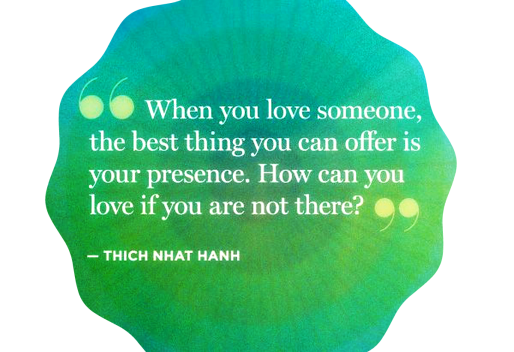
Being Fully Present IS a Gift.
As Conscious Companions, one of the most powerful and respectful things we can do is to be fully present with our animal companions. When we make a conscious decision to be mindful we are giving ourselves and the ones we love a gift. Mindfulness takes conscious and deliberate focus but the more you practice, the easier it gets, and the more joyful your life becomes. And I promise you: Your pets will feel it, too.
Being mindful makes it easier to savor the pleasures in life as they occur. It helps you to become fully engaged in activities and be more aware of everything. It creates a greater capacity to deal with adverse events when they arise. It allows you to recognize and prevent stressful encounters, and conflicts.
I sometimes briefly look back and think about how often I was not fully present with the people and animals who I loved. Many of them are gone now, but the ones who are still by my side will have the gift of my presence. When I am walking with Hocus, petting Albert, brushing Knox, or listening to my husband, mother, or brother, they will have all of my focus. My mind may wander sometimes, but I will consciously choose to come back to them. I will remember that their presence is a gift, and my presence is my gift to them.
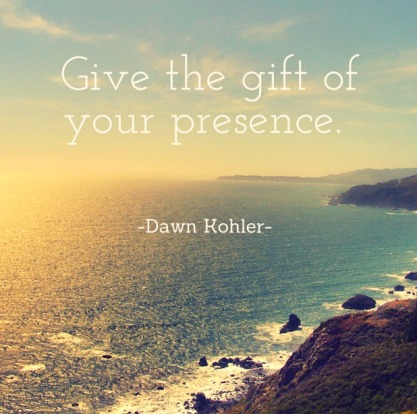
The most precious gift we can offer others is our presence. When mindfulness embraces those we love, they will bloom like flowers. – Thích Nhất Hạnh
Recommended Reading:
The physical, psychological, and social benefits of Mindfulness
TTouch – a universal language and mindful way of making contact
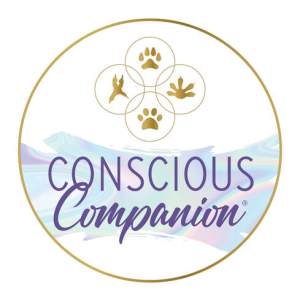
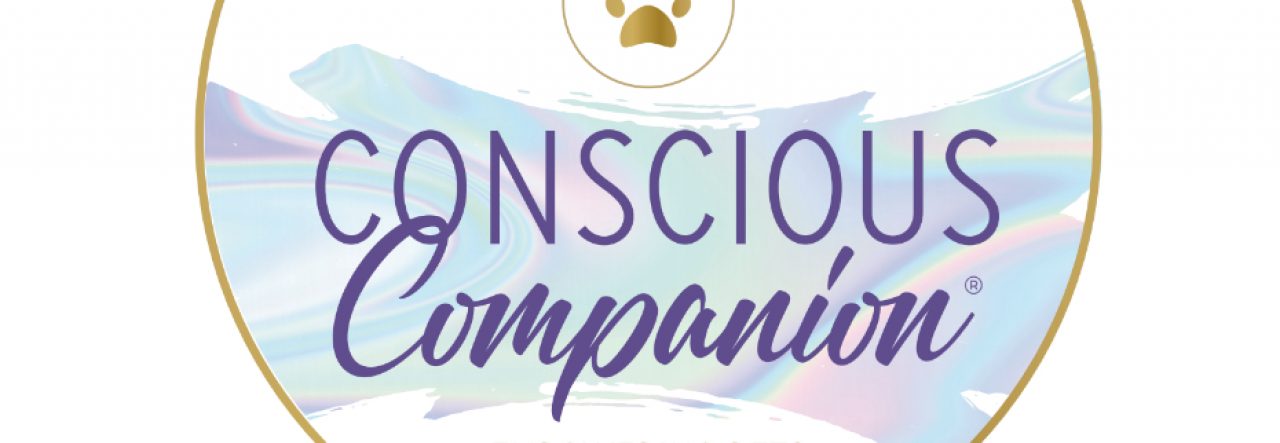
Focus comes from Holland 😉 here you are; a gift from the Netherlands https://www.youtube.com/watch?v=g4ouPGGLI6Q
LikeLiked by 1 person
Pingback: A New Year’s Blessing for You – Conscious Companion